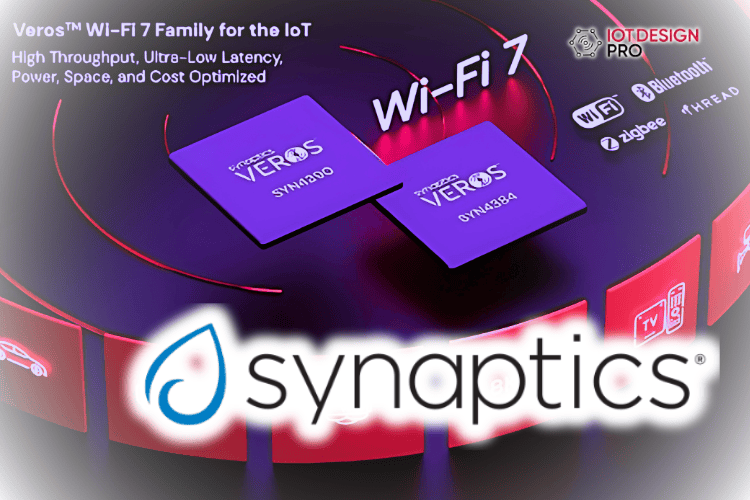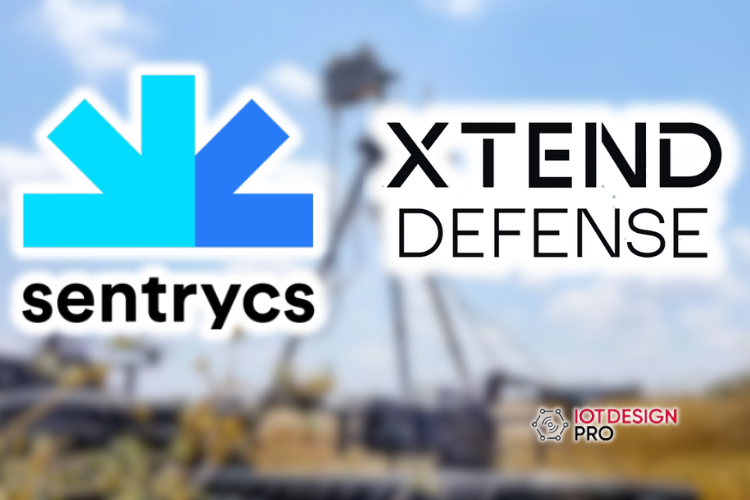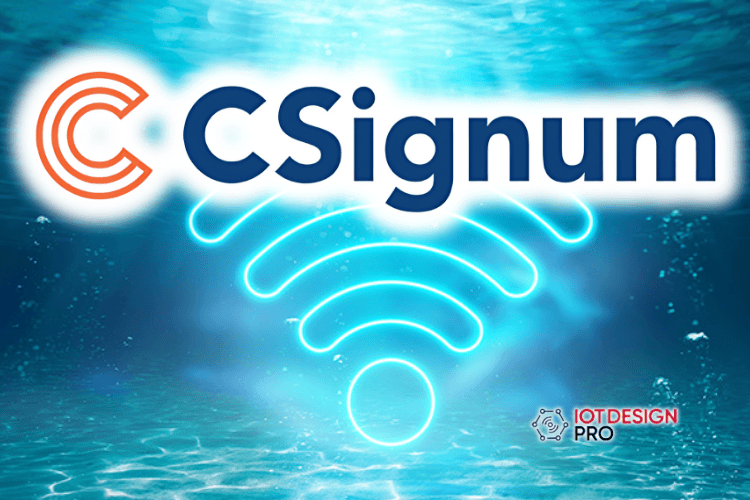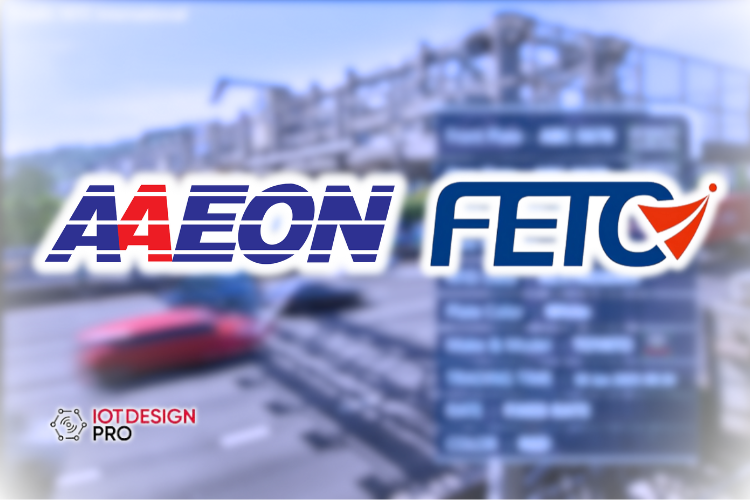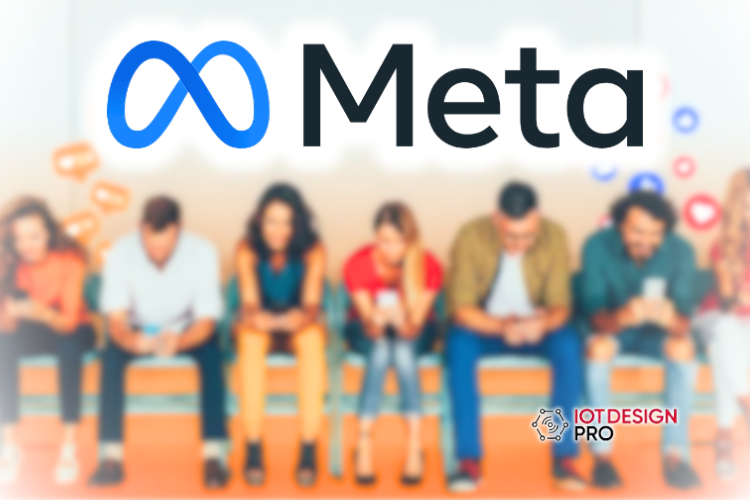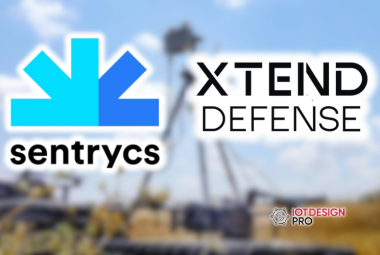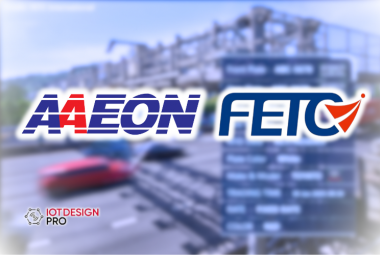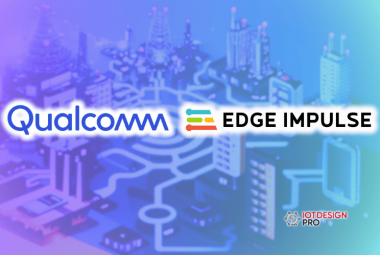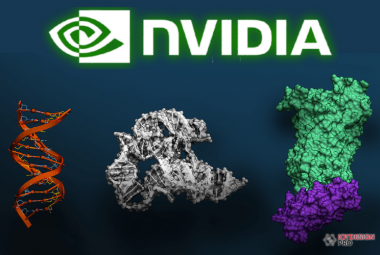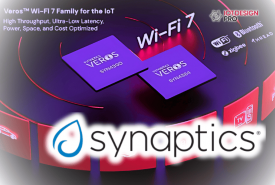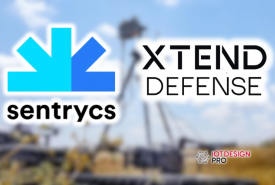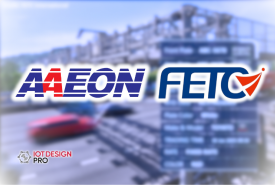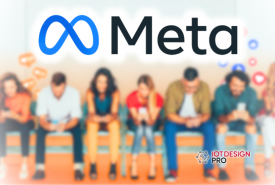In today's rapidly changing world, technology has become an integral part of our lives, shaping various aspects of society. Among the many technological advancements, Artificial Intelligence (AI) stands out as a revolutionary force, particularly within the realm of education. This essay explores the profound influence of AI on education, highlighting its role in personalising learning, providing virtual support, streamlining administrative tasks, and addressing key challenges.
AI is driving a paradigm shift in education, ushering in an era of personalised learning. Traditional educational settings often struggle to accommodate the diverse needs and learning styles of students. However, AI is transforming this landscape by tailoring educational content to suit each student's unique learning patterns, strengths, and weaknesses to create customised learning experiences. Adaptive learning systems adjust content, pace, and difficulty level, ensuring that each student maximises their potential. This shift ensures that every learner can fully harness their potential.
Educational institutions are using AI to analyse vast amounts of data, enabling informed decision-making. From enrollment trends and student performance to resource allocation, AI algorithms provide valuable insights to educators and administrators. This data-driven approach helps institutions optimise their processes, allocate resources effectively, and enhance overall efficiency. Imagine having a tireless virtual tutor readily available to provide assistance whenever needed. AI embodies this role by offering real-time feedback and guidance to students. In instances where students encounter difficulties, AI steps in with explanations and targeted exercises, creating a nurturing learning environment conducive to overall improvement.
Educational institutions are leveraging AI to predict student success and intervene when necessary. Early warning systems can identify students who may be at risk of dropping out or struggling academically. Educators can then provide timely support and resources to help these students succeed. Language learning apps use AI to provide real-time feedback on pronunciation, grammar, and vocabulary. AI-powered translation tools also assist students in understanding content in different languages, breaking down language barriers and facilitating global learning experiences.
AI isn't solely enhancing the learning experience; it's also simplifying the lives of educators. Cumbersome administrative tasks, such as admissions, registration, and grading, can now be automated. This not only saves valuable time and resources but also reduces the likelihood of errors, enabling educators to focus on enhancing the educational journey. Nevertheless, this educational transformation is not without its challenges. The protection of student data is paramount, given the substantial volumes of information processed by AI. Compliance with data protection regulations, such as GDPR and FERPA, is essential to safeguard the privacy and security of student data.
Another significant concern is accessibility. AI must be designed to cater to the diverse needs of all students, including those with disabilities, ensuring inclusivity from the outset. Teacher training is equally critical. Not all educators are proficient in utilising these technologies, underscoring the need for comprehensive training and ongoing support. Ethical considerations loom large in the application of AI in education. The potential for AI to perpetuate biases emphasises the importance of responsible development and usage, with fairness and impartiality at the forefront.
Challenges and Concerns:
While AI offer tremendous potential in education, there are also challenges and concerns that need to be addressed.
Ensuring that AI-powered education remains accessible to all students, including those with disabilities, is crucial. Developers need to consider accessibility features from the outset. Not all educators are equipped to effectively integrate AI into their teaching methods. Thorough training and support are essential for the successful implementation of the methods. AI can perpetuate biases if not developed and used responsibly. Ensuring that AI systems are fair and unbiased is a pressing ethical concern. The transformation of the traditional education system through AI is both promising and challenging.
AI is fundamentally reshaping the landscape of education by introducing personalised learning, providing virtual support, and streamlining administrative tasks. However, it is equally important to address challenges related to data privacy, accessibility, teacher training, and ethical use. As AI continues to advance, the future of education holds immense promise for students and educators, offering a more efficient, personalised, and equitable learning experience for all.
Dr. Maithili Tambe, CEO of TAS----------

